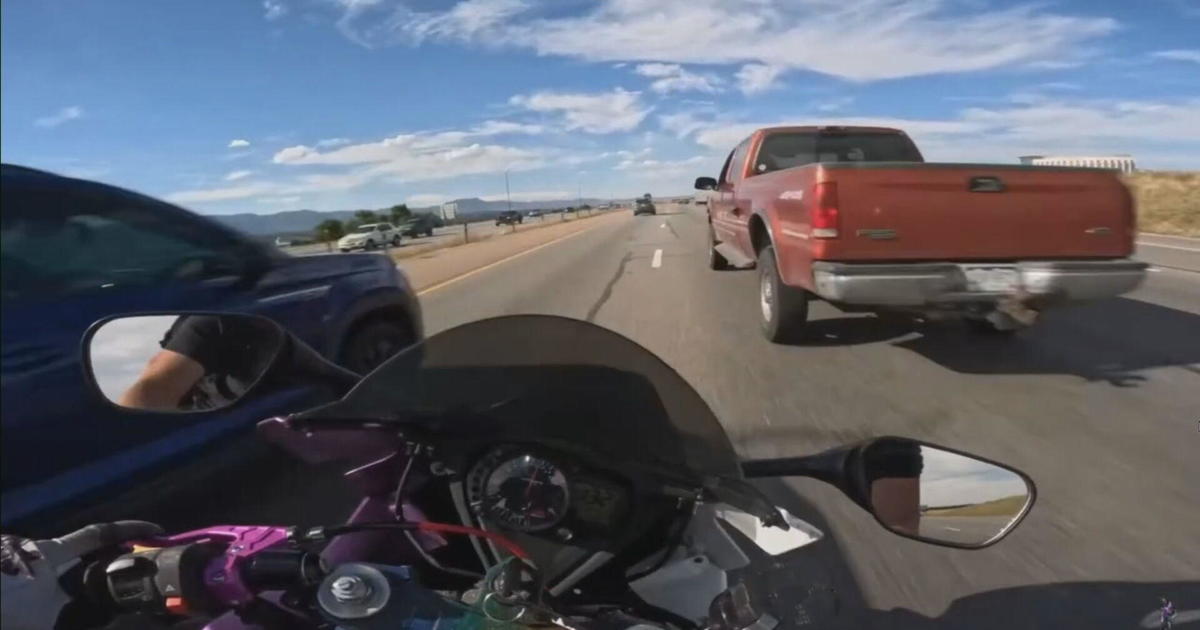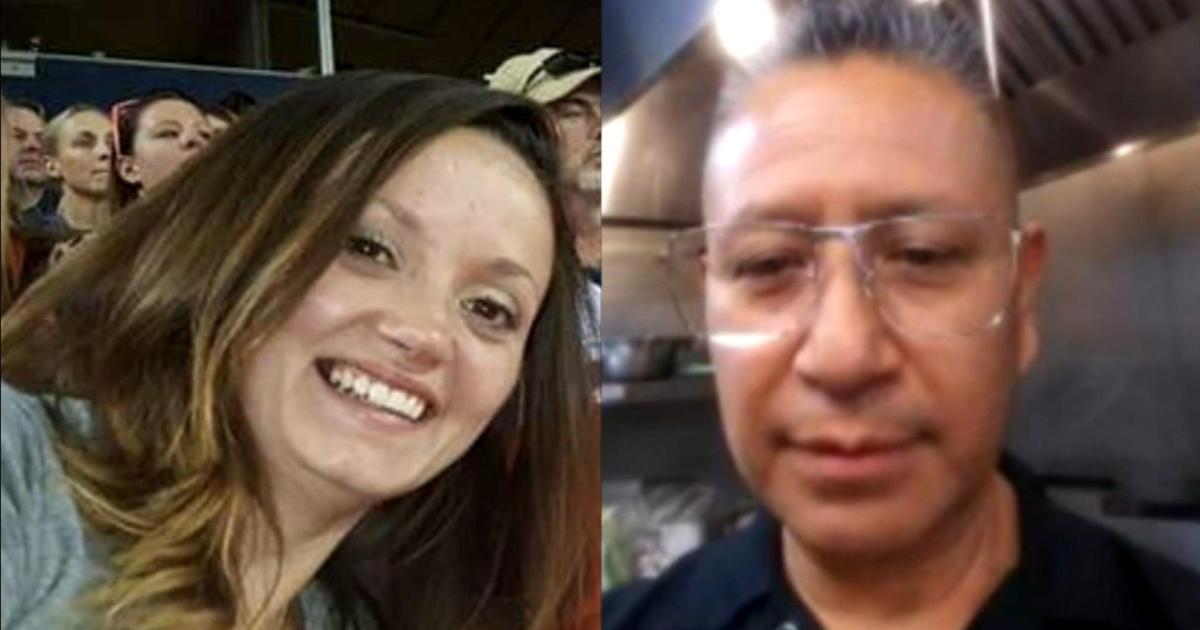Agreement Restricts Police Role In Denver Schools
DENVER (AP) - Amid a chorus of recent announcements that schools nationwide are adding police officers or enhancing security measures, a new agreement between schools and police in Denver stands out.
Signed Tuesday, the contract limits the role of police officers in schools, in response to concerns that schools were relying too heavily on officers to handle minor disciplinary problems.
School safety has been a hot topic in Colorado since the 1999 shooting at Columbine High School, which left 12 students, a teacher and two gunmen dead. The state adopted strict zero-tolerance policies in the wake of that shooting, referring students to law enforcement automatically for offenses such as trying to break up a fight or carrying a fake gun onto campus.
Those policies were relaxed last year by state lawmakers, who worried that too many students were being sent to the criminal justice system and facing unnecessary interruptions to their education.
Similar concerns prompted the new agreement in Denver. One Denver student, Tori Ortiz, said on a conference call Tuesday that she had seen students ticketed or escorted out of class by police officers for indiscretions as small as talking in class or talking back to a teacher. The culture in the schools, she said, was one of criminalizing young people.
"There were using police to deal with discipline matters rather than what they're really in the school to deal with, which is safety matters," said Jason Sinocruz, a staff attorney for the Advancement Project, a Washington, D.C.-based civil rights organization that helped with the Denver agreement.
Ortiz is a member of Padres y Jovenes Unidos, a grassroots group of parents and students that led the charge for the new guidelines on police activity in Denver schools.
"There were too many cases of students being sent to a court for stuff that should have been handled in schools," said Ricardo Martinez, co-director of the group.
The new agreement makes a distinction between disciplinary issues and crimes, and requires officers to treat these cases differently.
The deal also provides guidelines for reporting problems to principals and parents, advises officers on how to deal with students who have disabilities, mandates regular community meetings and sets annual training requirements for officers working in schools.
The contract does not reduce the number of officers in schools - currently 15 distributed among 17 campuses - but explicitly outlines their role and emphasizes the use of "restorative approaches," rather than ticketing or court referrals, for dealing with minor disciplinary problems.
Although other school districts have established similar - though usually less formal - guidelines, Denver may be unique in its timing. School safety announcements since the December shootings at Sandy Hook Elementary School in Connecticut typically have been about schools adding officers or adopting zero-tolerance policies. One school district south of Denver, for example, recently invited police officers on patrol to write their arrest reports from school parking lots.
But supporters of the agreement believe restricting police authority will make schools safer than simply adding more officers.
"When you are not locking up students for minor offenses, you will find students will then develop a positive outlook on your police on campus," said Steve Teske, a juvenile court judge in Clayton County, Ga., who led an effort there that established a similar policy in 2004. "When that happens, kids begin to open up and share information that police need to hear that can prevent the guns and drugs and other things coming onto campus."
- By ALEXANDRA TILSLEY, AP Writer
(© Copyright 2013 The Associated Press. All Rights Reserved. This material may not be published, broadcast, rewritten or redistributed.)



